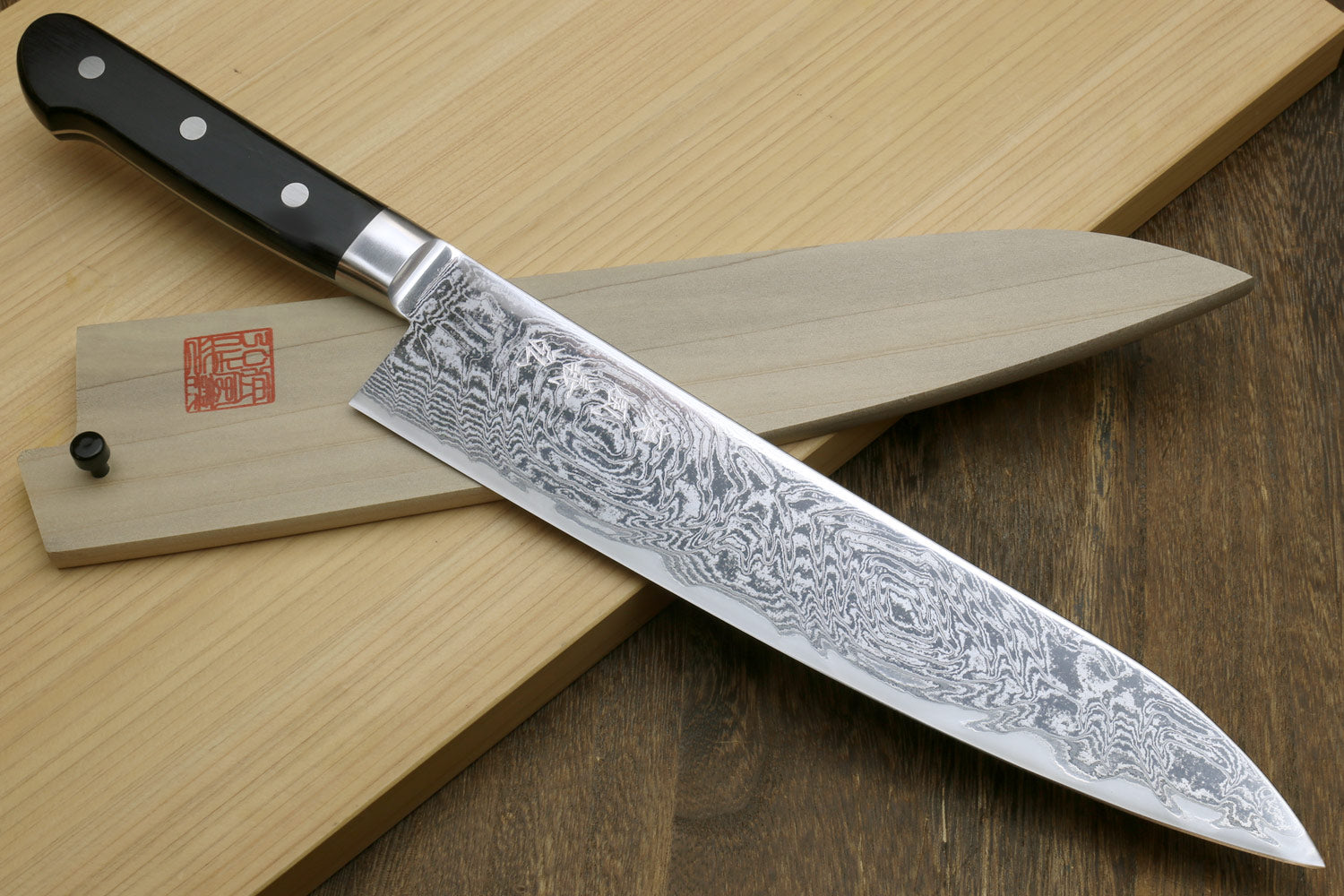For those immersed in the culinary world, the profound intricacies of a Damascus knife set offer unparalleled precision and craftsmanship. Revered by professional chefs around the globe, these knives are not just tools; they are an extension of the culinary artist's hand. The history of these knives is rich and fascinating, dating back centuries, where their unique patterns and toughness became widely sought after. To unwrap more about how these knives came to be, you can delve into the history of Damascus steel.
The allure of a Damascus knife set lies in its distinctive wavy designs, which not only serve an aesthetic purpose but also contribute to its superior performance. Known for their sharp edges and remarkable durability, these knives are crafted to withstand the rigorous demands of a professional kitchen. Yet, choosing the right Damascus knife set is only the first step; understanding how to maintain them is equally critical. Lets explore these sets in greater depth, considering their benefits, care tips, and how they can transform your culinary experience.

The Artistry of Damascus Knives
The creation of Damascus knives is an art form, where layers of steel are painstakingly melded to produce their legendary robustness and elegance. This unique process not only enhances the knife's durability but also gives it a distinctive pattern that is both beautiful and functional. To learn more about the best options available, you can review our article on Japanese Santoku knives.
Why Damascus Knife Sets Stand Out
What makes a Damascus knife set so coveted among kitchen professionals? It's a blend of strength, sharpness, and impressive longevity. These knives typically feature a core of high-carbon steel, clad in softer Damascus steel, which allows them to maintain an exceptionally sharp edge while being easy to hone and maintain.
Moreover, for professional chefs who work under hasty and straining conditions, the balance and grip offered by these knives reduce fatigue and improve efficiency significantly. To get a closer look at how these knives compare in the realm of cutlery, visit our comprehensive guide on Damascus steel kitchen knives.
Caring for Your Damascus Knife Set
Investing in a Damascus knife set demands proper care to maintain its storied edge and distinctive design. Regular honing is crucial to keep the edges sharp, but ensure the honing steel is compatible with your knife. Cleaning immediately after use is also essential to prevent corrosion, ideally using a mild detergent and warm water.
Storage is another critical factor. To avoid damaging the sharp edge, use a wooden knife block or magnetic strip that wont dull blades over time. You can explore more practical care tips in our detailed article on knife history and care.

Choosing the Right Set for Your Needs
When selecting a Damascus knife set, consider factors such as the types of knives in the set, their sizes, and your personal preference regarding the knife's weight and feel. Whether you need a chef's knife for general chopping or a paring knife for intricate tasks, ensuring each knife is well-suited to its function will make your culinary tasks more efficient.
Explore more about this decision-making process and what brands you might consider by visiting our article on whether Civivi is a good knife brand.
FAQ Section
1. Why are Damascus knives more expensive than regular knives?
Damascus knives are crafted with meticulous precision from high-quality materials, imparting both beauty and longevity. Their unique pattern and performance level demand a premium price.
2. How often should I sharpen my Damascus knife set?
Regular honing is advised every few uses to maintain the edge. Professional sharpening can be considered every 6-12 months depending on the frequency of use.
3. Can I put my Damascus knives in the dishwasher?
No, it is best to hand wash them to prevent damage to the delicate edge and maintain the intricate Damascus pattern.
This article contains affiliate links. We may earn a commission at no extra cost to you.


























